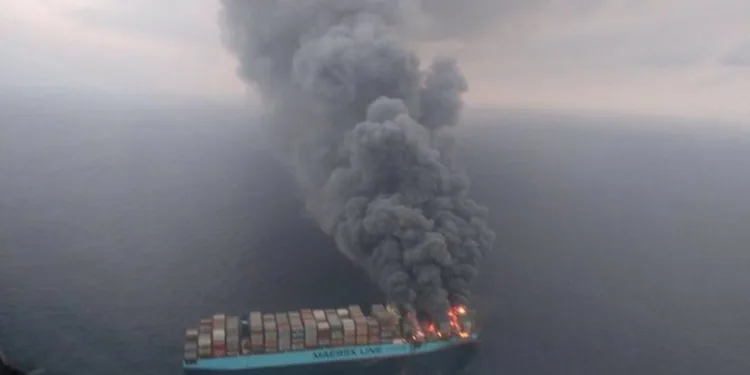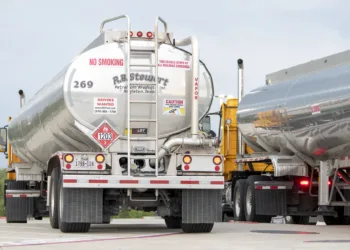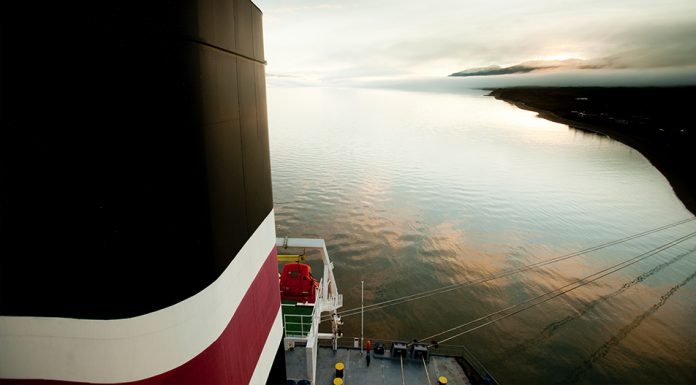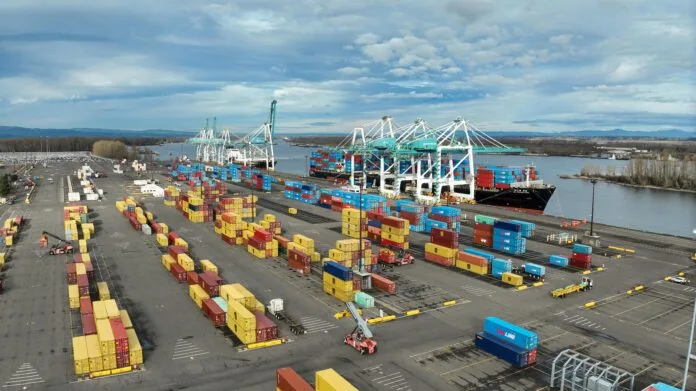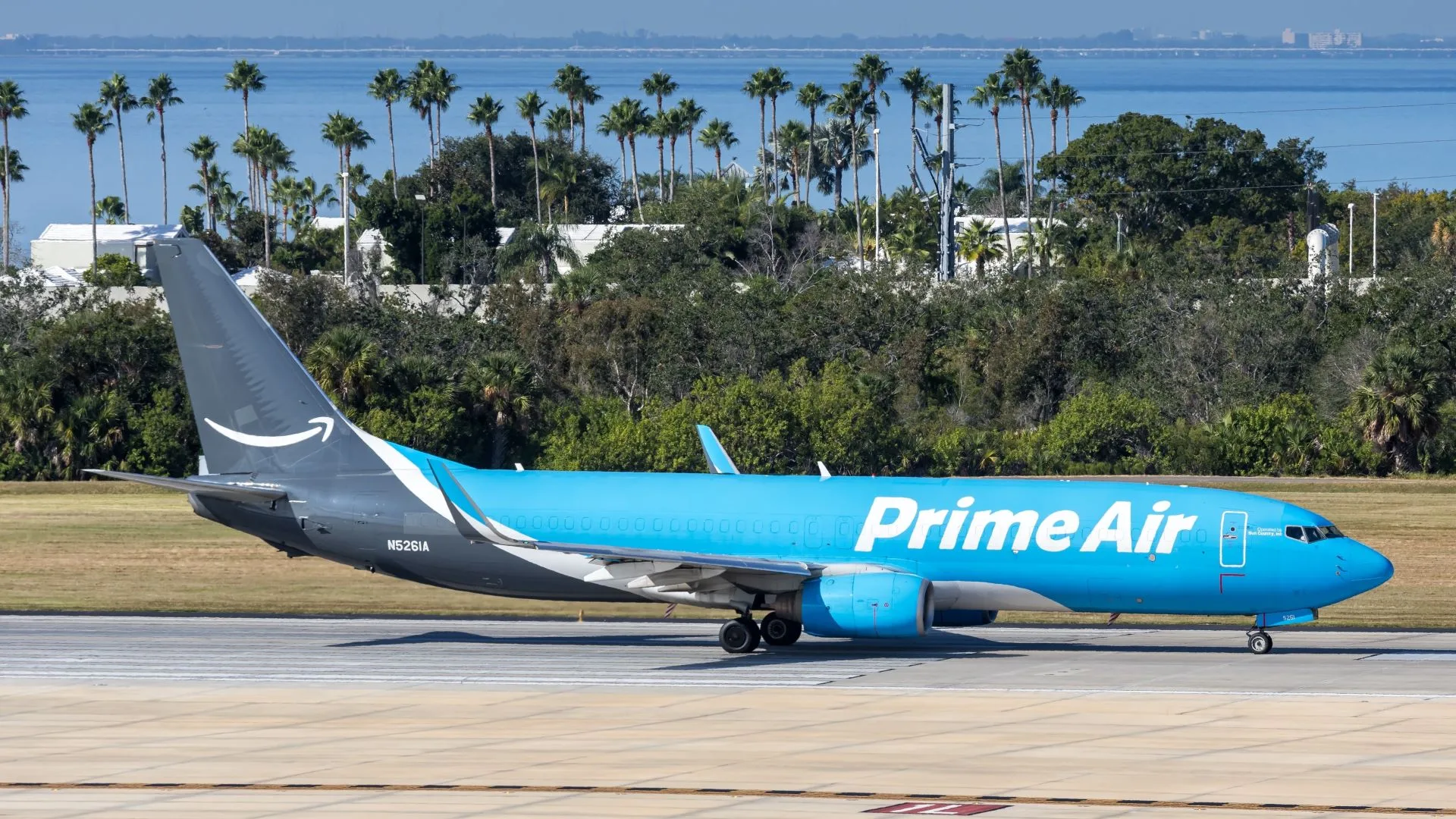The World Shipping Council (WSC), liner shipping’s lobby group, has announced the launch of its Cargo Safety Program, an industry-led initiative to detect misdeclared and undeclared dangerous goods using artificial intelligence in order to prevent ship fires, protect crews, vessels, customers’ cargo, and the marine environment.
The program combines AI-powered cargo screening and common inspection standards to identify misdeclared and undeclared high-risk shipments before they are loaded.
Ship fires are at their highest level in over a decade, according to Allianz’s Safety and Shipping Review 2025. Misdeclared dangerous goods are a leading cause of ship fires, reported as responsible for more than a quarter of all cargo-related incidents.
“We have seen too many tragic incidents where misdeclared cargo has led to catastrophic fires, including the loss of life,” said Joe Kramek, president and CEO of the World Shipping Council. “The WSC Cargo Safety Program strengthens the industry’s safety net by combining shared screening technology, common inspection standards, and real-world feedback to reduce risk.”
At the heart of the program is a digital cargo screening tool powered by the US’s National Cargo Bureau’s (NCB) technology. It scans millions of bookings in real time using keyword searches, trade pattern recognition and AI-driven algorithms to identify potential risks. Alerts are reviewed by carriers and, when needed, verified through targeted physical inspections.
The program also establishes common inspection standards for verifying shipments and an incident feedback loop to ensure lessons from real-world cases strengthen prevention. At launch, carriers representing more than 70% of global teu capacity have joined the program.
“By working together and using the best available tools, we can identify risks early, act quickly, and prevent accidents before they happen,” Kramek said. “The Cargo Safety Program is a powerful new layer of protection, but it does not replace the fundamental obligation shippers have to declare dangerous goods accurately. That is the starting point for safety, and it is required under international law.”
Despite misdeclared cargoes making more and more headlines, leading to deaths and vessel losses, new data published this month shows more than one in 10 shipments have deficiencies.



